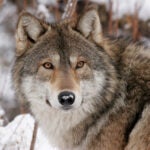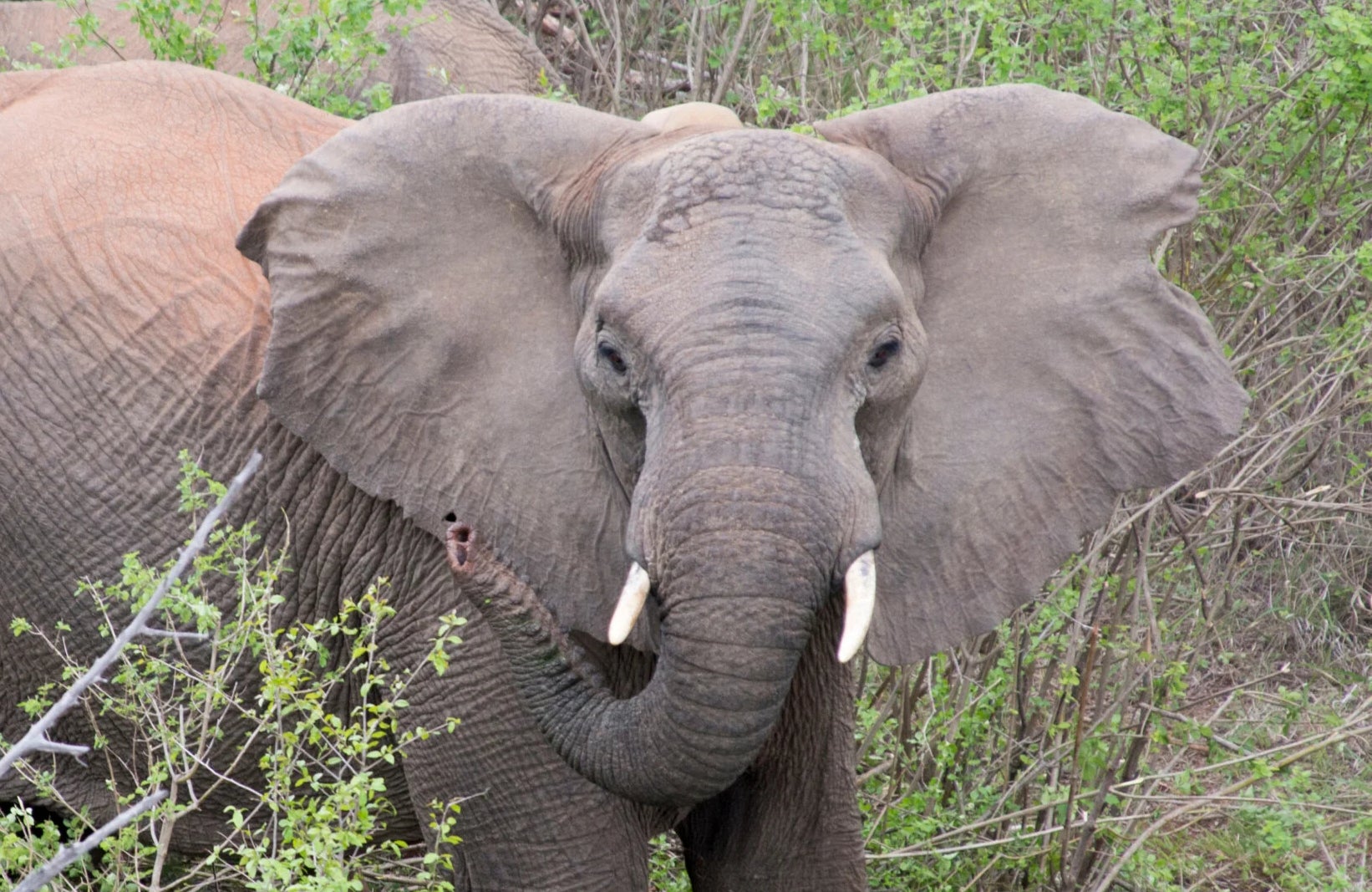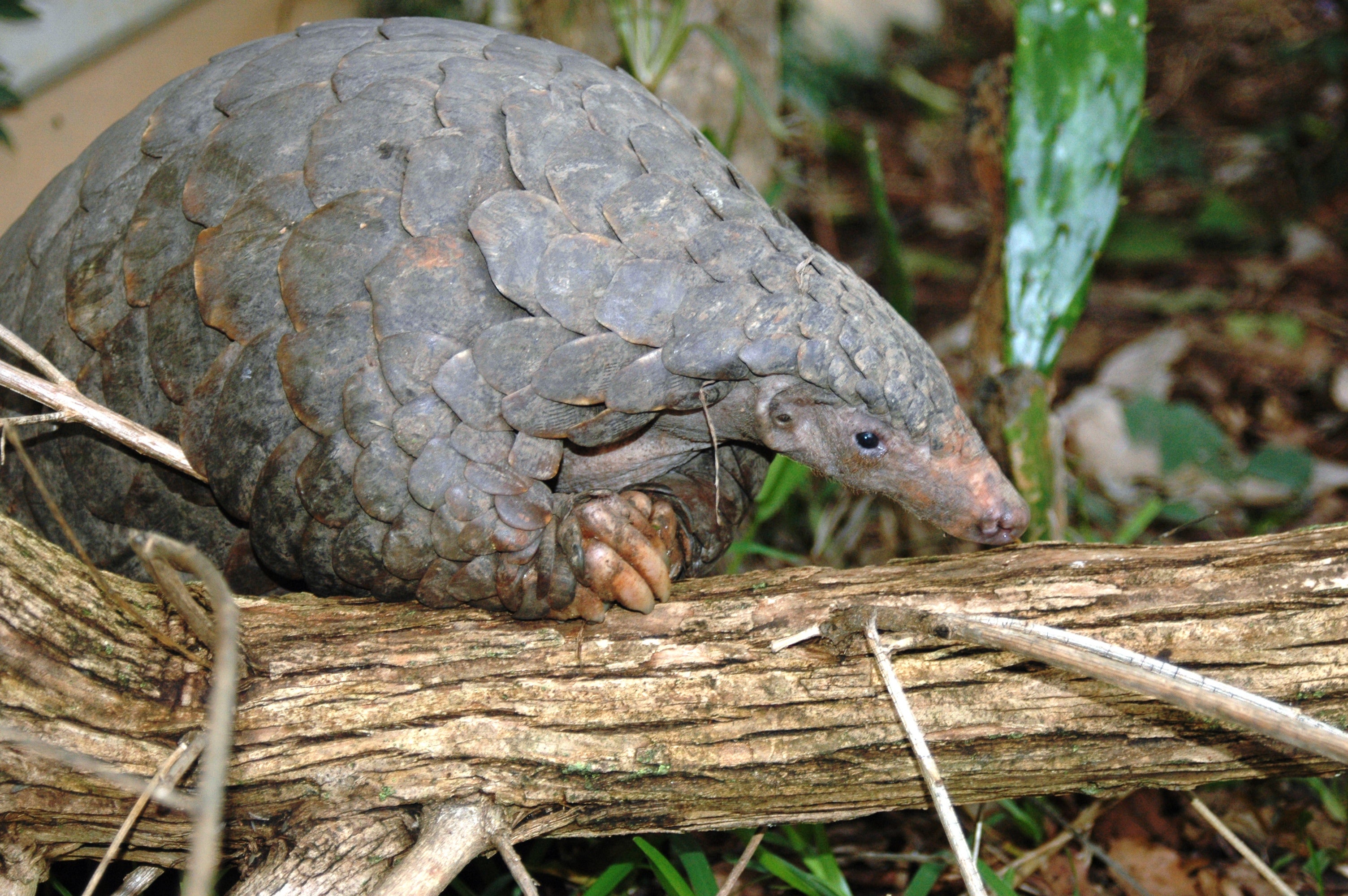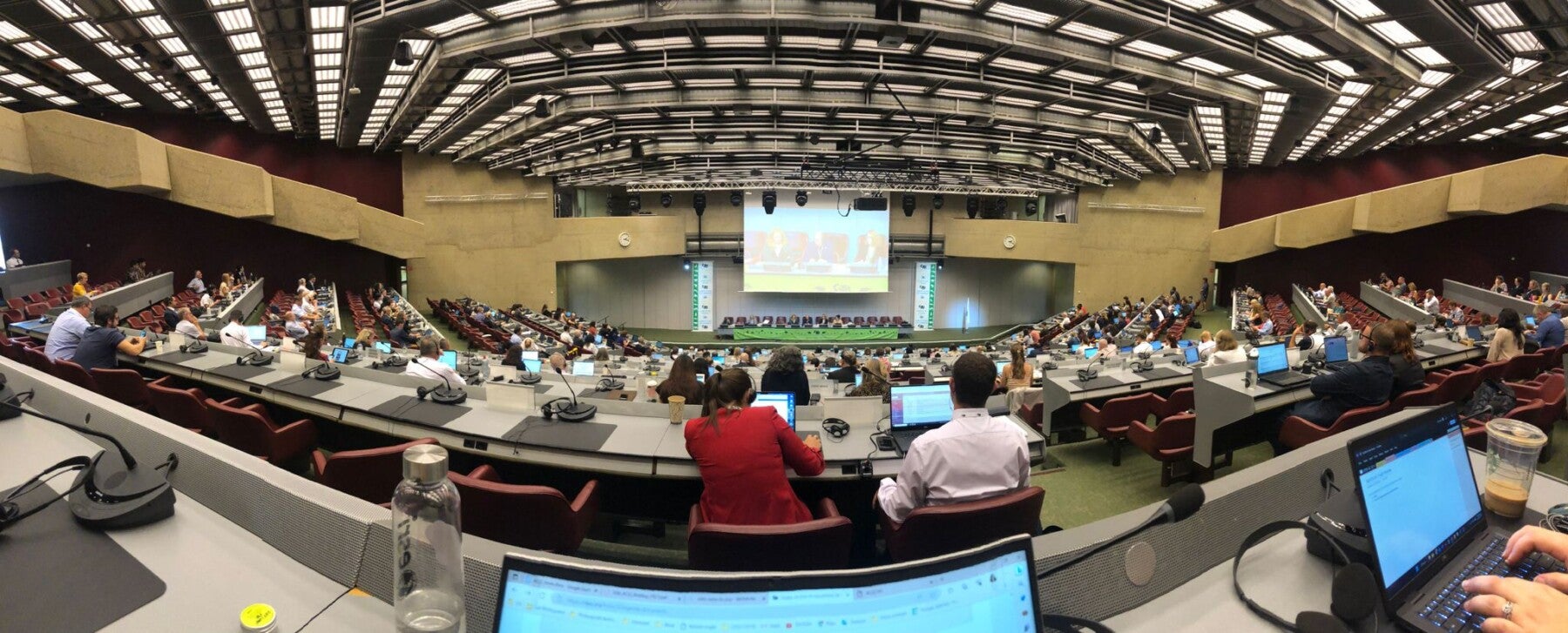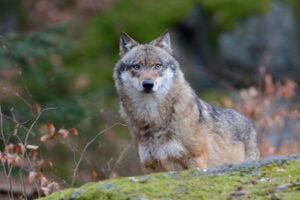
BRUSSELS—Today the European Commission has announced that it will be taking steps to reduce legal protections for wolves in the EU. To achieve this, they will propose the downgrading of the wolf’s protection status under the Bern Convention. At present, wolves are listed under Appendix II, which means they require special protection. However, if Parties to the Bern Convention agree to this proposal, the species will be downlisted to Appendix III. While still protected, the “exploitation” of the species could still be regulated in accordance with the Convention. This would open the door to more wolves being killed in the EU and the potential amendment of the EU Habitats Directive.
Humane Society International/Europe condemns the Commission’s alarming attempts to downgrade legal protections for wolves in the EU. Despite the remarkable resurgence of this species as a conservation success, the leadership of the Commission, instead of upholding its commitment to biodiversity protection, appears to be yielding to pressure from farming and hunting lobbies advocating for increased wolf killings. HSI/Europe is also concerned about the process that led to the current decision.
Dr Joanna Swabe, senior director of public affairs for HSI/Europe, says: “This decision of the European Commission is deeply troubling, as it is driven more by political convenience than scientific evidence and stems from an opaque and irregular consultation process relying on anecdotal submissions.”
HSI/Europe, in collaborating with other animal and environmental protection organisations, has consistently communicated its profound concerns to President Ursula von der Leyen regarding the alarming trajectory of large carnivore protection.
Dr Swabe emphasizes: “If President von der Leyen believes that she is currying favour with rural voters with such decisions ahead of the EU elections, she should think twice. A recent survey conducted among rural communities in 10 Member States found that a significant majority are keen to see legal protections for wolves upheld and priority given to their conservation. Rather than trying to destroy legal protections for these large carnivores, the Commission should be working harder to promote the uptake of coexistence measures in Member States, since opportunities to implement mitigation measures are being underutilised despite the fact that farmers can receive 100% remuneration for taking non-lethal action to protect their animals.”
Facts
- The Council of Europe’s Convention on the Conservation of European Wildlife and Natural Habitats, known more commonly as the Bern Convention,is a legal instrument in the field of nature conservation, covering most of Europe and extending to some states of Africa.
- On 4th September 2023, the Commission issued a press release claiming that the concentration of wolf packs in the EU has become a danger for farm animals and potentially for humans. This statement was misleading and not based on science. It also announced the collection of data on “challenges related to the return of wolves” for an 18-day period.
- HSI/Europe and other NGOs consequently wrote to President von der Leyen raising concerns that this public ‘consultation’ violated the Commission’s own rules with regard to Better Regulation, and challenging its necessity given the data generated by the recent Fitness Check of the Nature Directives, as well as from Member States reporting under the requirements of the Habitats Directive, including in relation to the existing derogations concerning large carnivores.
- A survey conducted by Savanta in November 2023 among a sample of 10,000 inhabitants of rural areas in 10 Member States (Germany, France, Spain, Netherlands, Italy, Belgium, Poland, Denmark, Sweden and Romania) found that many rural inhabitants are supportive of protecting wolves and other large carnivores, with 68% stating that they should be strictly protected and over two-thirds (72%) agreeing that they have a right to co-exist.
- The farming and hunting lobby have consistently been pushing for the protection status of wolves to be downgraded. Yet the Savanta survey found that a very low proportion of respondents indicated that they feel well-represented by hunting (12%) and farming (18%) interest groups.
- Wolves are listed in the Annexes of the EU Habitats Directive as either a strictly protected or protected species, depending on the population in question. Hunting permits to kill them can only be granted under exceptional circumstances.
- The Habitats Directive authorises Member States to use derogations to allow management control provided there is “no satisfactory alternative and the derogation is not harmful to the maintenance of the populations of the species concerned.” These exceptions are meant to stop “serious damage” to livestock and crops, protect the public’s health and safety or for research and education. However, research indicates that while in theory hunting may be allowed in very narrow circumstances, in reality it would be very difficult to do so in a way that complies with all criteria of the Directive, and questionable whether it could comply with the precondition that no satisfactory alternatives exist.
- The Commission recently published a detailed Guidance Document to provide clarification to Member States on how this derogation can be applied.
- The EU’s LIFE programme has already funded numerous projects to help effectively mitigate human-large carnivore conflicts.
- State Aid provisions compensate farmers with 100% financial remuneration for losses suffered and costs incurred by predator attacks, but also offer 100% reimbursement for the mitigation measures implemented. The primary issue is that farmers are not always aware of their entitlement to such funds, and Member States are slow in compensating them for their losses.
ENDS
Media contact: Yavor Gechev, communications director for HSI/Europe: ygechev@hsi.org ; +359889468098 ; +393515266629

